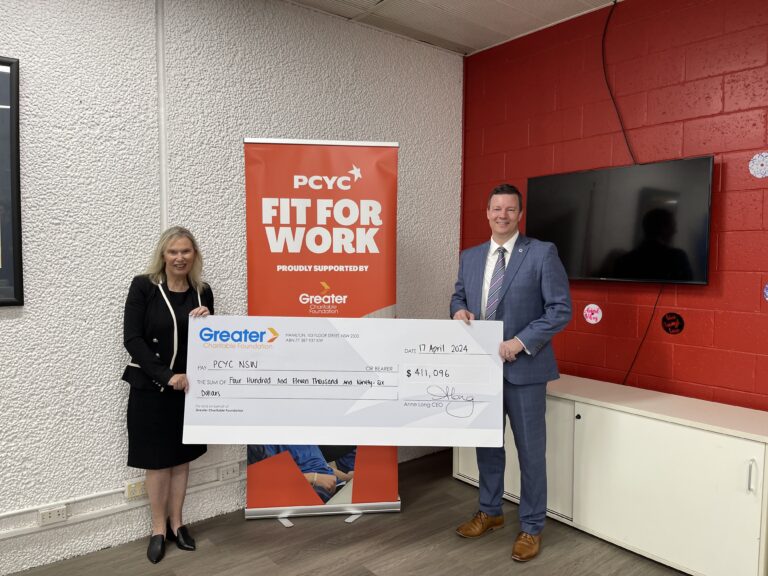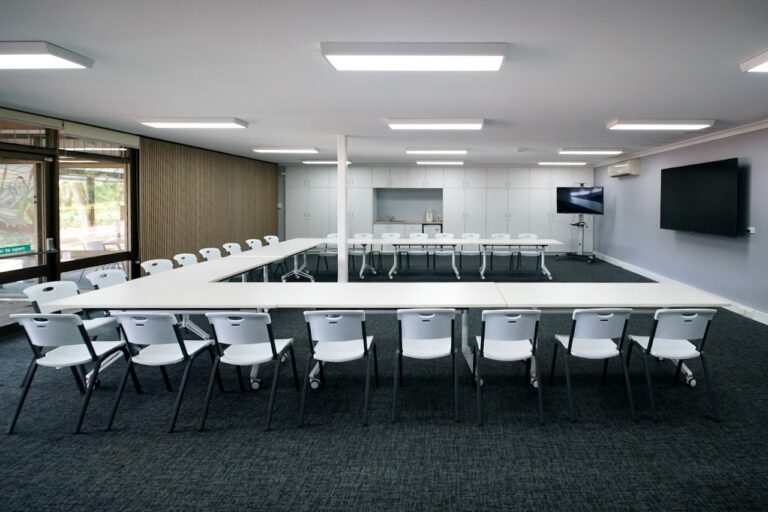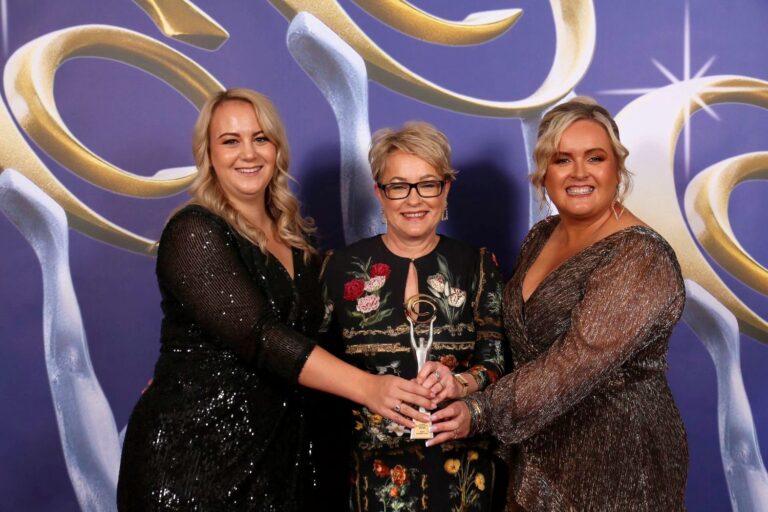A new financial year is here and with it, property investors are preparing their visit to the tax man.
With the Australian Taxation Office (ATO) encouraging property investors to be vigilant with their claims, it is important to seek expert advice on the deductions available.
Here are five depreciation tips to assist investment property owners this tax time:
1. Every property investor can benefit from a depreciation schedule
Any property which generates income may entitle its owner to thousands of dollars in depreciation deductions. A common myth is that older properties attract no claims. However, this is untrue as no matter the age, it is recommended to speak with a specialist Quantity Surveyor to enquire about available deductions.
Depreciation deductions can be found in all types of investment properties including residential, commercial, industrial, retail, manufacturing and hotel and tourism accommodation.
2. Know the difference between repairs and improvements
Repairs and maintenance: Work completed to fix damage or deterioration of a property is defined as repairs, e.g. fixing part of a damaged fence. A deduction for expenses incurred because of repairs or maintenance on an investment property can be claimed completely within the financial year the work was completed.
Capital improvements: Improving the condition of an item beyond its original state at the time of purchase. Capital improvements must be depreciated or claimed as capital works deductions over time.
3. Two methods applied
Two methods used when depreciating assets are diminishing value and prime cost methods.
The diminishing value method calculates depreciation as a percentage of the balance you have left to deduct.
Under the prime cost method the deduction for each year is calculated as a percentage of the cost.
The method chosen depends on the long and short term strategy of the property investor and should be discussed with their Accountant.
4. Enlist a specialist Quantity Surveyor to complete an assessment
Using a company (such as BMT Tax Depreciation) who are qualified under the tax legislation TR97/25 to estimate construction costs for depreciation purposes, ensures schedules are compliant and maximised for the investor.
5. The fee is 100 per cent tax deductible
Although there is a cost involved in arranging a depreciation schedule, the fee is 100 per cent deductible.





